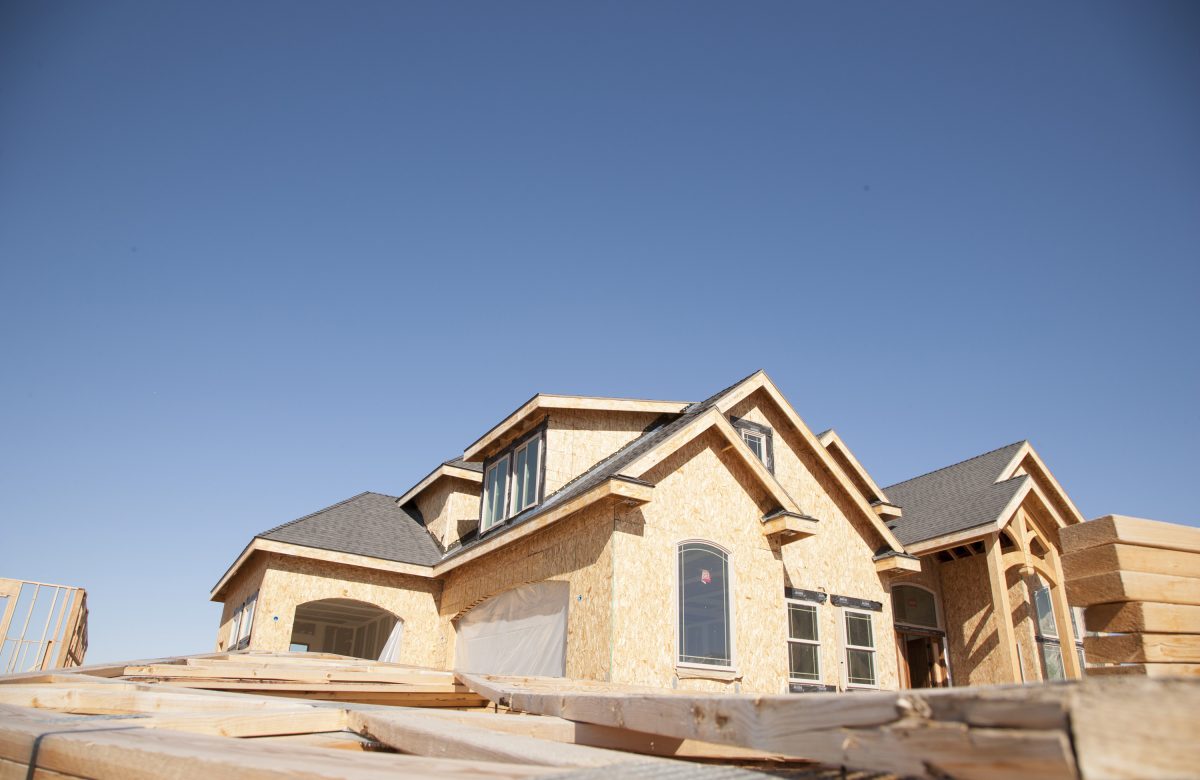Home repairs can be necessary for any number of reasons. They might be something you plan in advance as a parent to make your home better for your children. Or they might be due to a sudden emergency, like extreme weather. According to the NOAA’s Severe Weather Database, there were 3,763 major hail storms in 2021. Any of those could cause damage to your home, which then needs to be repaired. These repairs can get expensive, so you need to know how you’ll finance them. Here are some tips for financing your home repairs.
1. Savings
If you have the ability to put money into savings, you should do so. It is especially useful to designate specific savings accounts for home repairs. That way, you’ll be able to go straight to that money if you have unexpected or expected home repairs to do. Saving up for repairs can take time, especially if you don’t have a lot of disposable income. However, it can be the best option for many people. You won’t need to worry about finding the money somewhere else or taking out loans you’ll eventually have to pay back.
2. Credit Cards
If you don’t have enough in savings, credit cards are a convenient way to quickly pay for home repairs. This can be very useful if you’re a parent and need to get the repairs done for your children’s safety. As long as you have enough room left on your credit card, you can just use that. You don’t need to apply for anything or wait for anyone’s approval. However, you need to be aware of your credit card’s interest rate. If you can pay the balance off by the end of the month, you won’t need to pay interest. But if you have a balance remaining, you’re likely to end up paying a lot more money than you otherwise would due to accumulating interest.
3. Reverse Mortgage
You can only get a reverse mortgage if you’re over the age of 62. While this might not apply to the parent of small children, it can apply to many homeowners. In a reverse mortgage, you are able to access funds that equal the full value of your home. This means that you can use this money to make the necessary repairs. While you might not have to make monthly payments on this, you will be putting your home up as collateral.
4. Personal Loan
A personal loan is another option for financing home repairs. In this case, you apply to your financial institution for a loan. If you’re approved, they give the money straight to you and you can use it for your home repairs. This process is not guaranteed, since you have to be approved for the loan. It also takes some time, which you might not have during an emergency. However, it can be a lower interest rate than most credit cards, especially if you use a credit union.
5. FEMA
If your home is damaged during a national emergency, you might be able to receive federal or state funding to help you fix it. However, this is not something that is guaranteed. If you think you might qualify for assistance, you can ask for help. They might work with a consultant to figure out if you fit the requirements. According to Brandon Gaille, the consulting industry is responsible for 2 million jobs in the United States. Some of those consultants work with the government to make sure that money is spent efficiently and helps the right people. So, if your home is damaged in a storm or other weather emergency, see if you can get some help with repairs.
Home repairs are expensive, but there are many ways to finance them. Consider these options as you make your plans.
